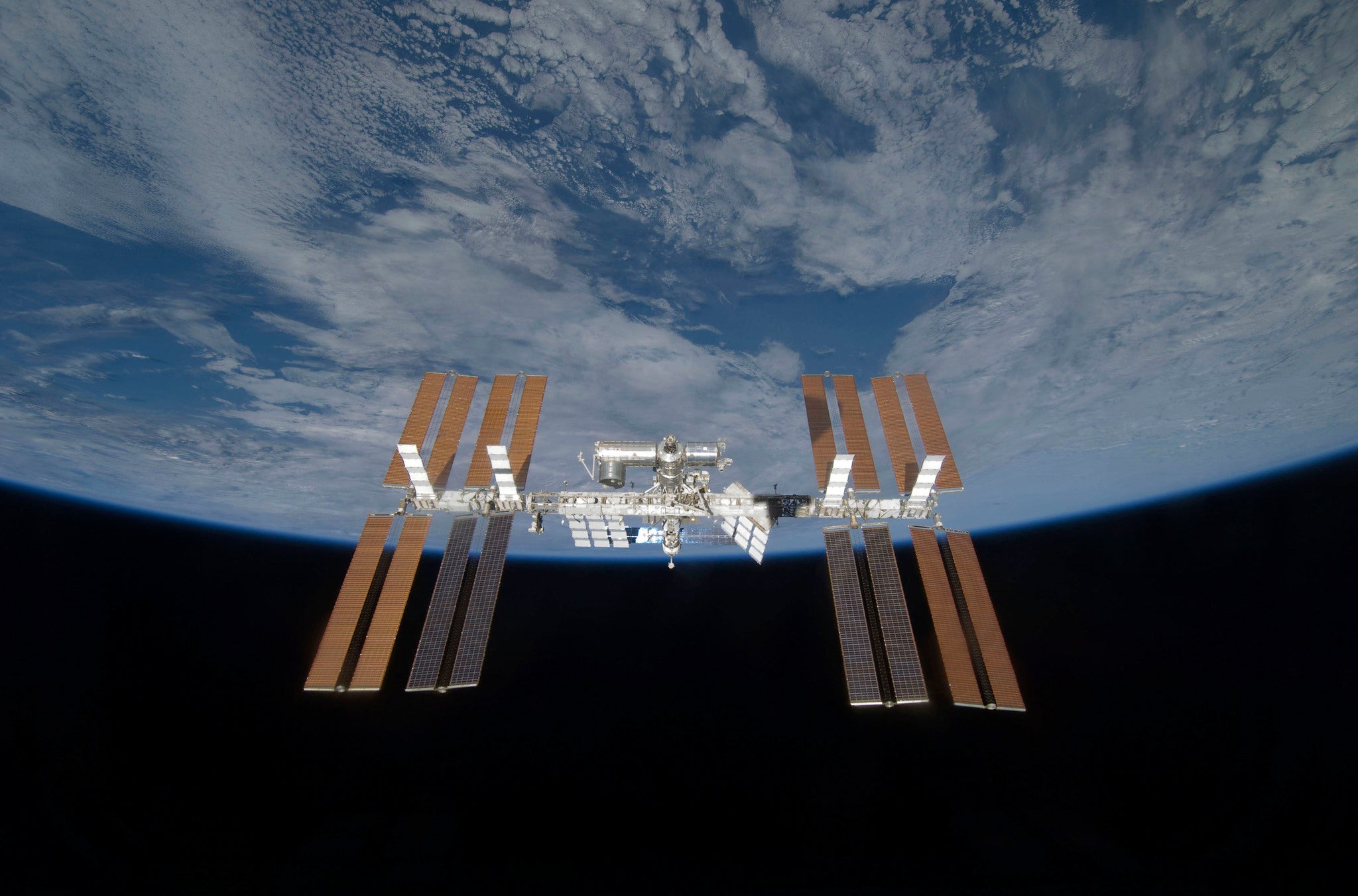New report says British space sector is a 'multi-billion success story'
The sector currently employs nearly 29,000 people and contributes £9.1bn to the UK economy

Britain’s space industry could grow four-fold by 2030 and is already one of the most vibrant sectors of the high-tech economy, according to a report by a committee of MPs.
The space sector, which manufactures scientific instruments, communications kit and other satellite equipment, currently employs nearly 29,000 people and contributes £9.1bn to the UK economy, the MPs found.
“It is also one of the UK economy’s fastest growing sectors, with an average growth rate of almost 7.5 per cent. The sector has the potential to be a great success story for the UK economy, with ambitions to increase its annual turnover … to £40 billion by 2030,” the report says.
However, the MPs are concerned that the UK Space Agency, which was set up in 2010 to support this rapid growth, does not have the resources to meet the demands placed on it.
“In addition, the Government could do much more to define its own requirement for space services, particularly the use of satellite applications, so that industry can use this demand to spur on growth,” the report concludes.
Andrew Miller MP, chair of the Science and Technology Committee, said: “Our inquiry heard much positive feedback about the work of the UK Space Agency since its creation in 2011. Whilst there is more work to done, we were pleased to find a sense of momentum within the Agency and a real desire to respond to the needs of the space sector.”
The MPs want the Government to increase the number of Britons holding senior positions within the European Space Agency (ESA) “by extending support and encouragement to suitably qualified UK candidates for future director-level positions”.
The report concludes: “The EU’s role in space is important, both in terms of its sponsorship of major programmes and its potential consumption of satellite applications. However, this role is distinct from that of ESA.
“Whilst ESA is a technical authority, the EU should focus on being an intelligent customer of its services. The Government should use its influence within Europe to ensure that this important distinction between the roles of the two organisations remains,” it says.
Join our commenting forum
Join thought-provoking conversations, follow other Independent readers and see their replies
Comments
Bookmark popover
Removed from bookmarks